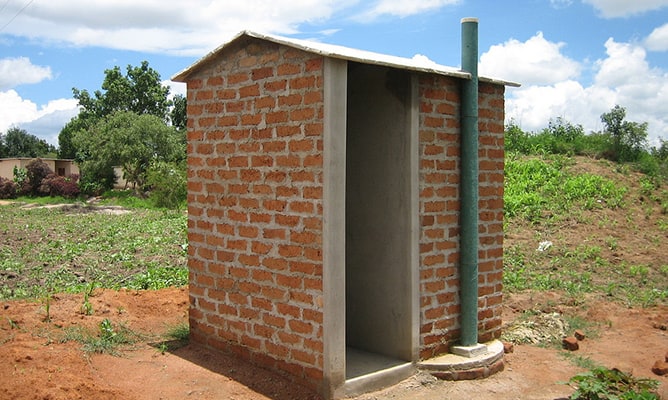As the universe celebrate World Toilet Day, the World Bank says more than 2.3 billion people around the world still lack access to this most basic of amenities.
WTD is commemorated on 19 November every year, to highlight the importance of toilets in safeguarding health.
WB says if you have a toilet that is linked to a system that safely conveys, treats and disposes of your household’s waste, you are luckier than the 4.5 billion people who do not have “safely managed sanitation.”
The world’s biggest bank adds that WTD is an opportunity to remind the globe of the urgent actions needed to achieve adequate and equitable sanitation for all by 2030.
“Today, only 68 percent of the world’s population has access to basic sanitation and only 39 percent benefits from safely managed sanitation,” says the WB.
Sanitation is critical to health, economic growth and the environment. Investing in sanitation is about preventing needless deaths and transforming lives.
In total, around 1.6 million people die every year due to poor sanitation and hygiene – that’s more than 4,500 people every day, or around 200 people dying each hour of each day.
The World Bank’s Water Supply, Sanitation and Hygiene (WASH) Poverty Diagnostics, conducted in 18 countries around the world, show that it’s poor children who suffer most from inadequate sanitation, which in turn deprives children of the opportunities they deserve in life.
Intestinal diseases related to poor sanitation, along with malnutrition and infections, also contribute to stunting, which is shown to be linked to adverse long-term educational and economic opportunities.
The economic impacts from a lack of sanitation on health and mortality are compounded by negative impacts on the environment, and ultimately, on economic growth.
The total global costs of inadequate sanitation are estimated at US$260 billion per year or, on average, 1.5 percent of a country’s GDP.
-World Bank














